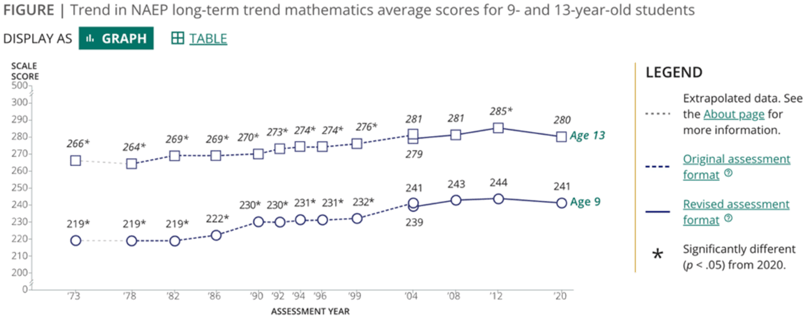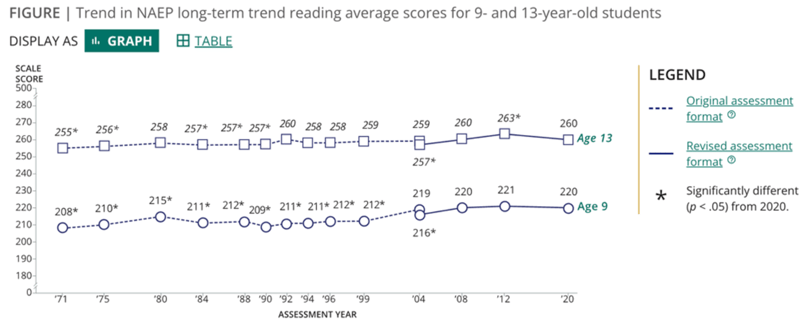Chapter 5, part 1 - Conclusion
AI can deliver knowledge faster than ever, but without the human desire to learn, it’s all meaningless. This section explores how motivation, not technology, will determine the future of education.
EDUCATIONAITHESIS


Chapter 5, Part 1 — Conclusion
“He who learns but does not think, is lost. He who thinks but does not learn is in great danger.”
—Confucius
Human motivation may ultimately be the most critical factor in determining if AI advances education for humanity or retards it. A motivated student will learn, irrespective of the technology available to assist them (Pintrich, 2003). This raises the important question: What inspires us to learn? If AI performs all our learning tasks, or if we anticipate that AI will eventually manage every aspect of our lives in the future, then what incentive do we have to learn anything at all? How can we continue to motivate learners in a new era dominated by AI?
Throughout history, some individuals have gone to great lengths to learn, driven by an innate curiosity or a desire to better their own circumstances. Centuries ago, the Chinese philosopher Confucius (551 to 479 BCE), a revered Chinese philosopher, actively sought knowledge by studying ancient texts like the Book of Changes, which were inscribed on bamboo strips, and even older texts on shells, bones, or bronze (Dubs, 1952; Zheng, 2018). Confucius was also motivated to travel extensively observing and absorbing the social customs and governance structures of different kingdoms, which enriched his philosophical teachings (Chin, 2020).
Individuals such as Frederick Douglass, an American social reformer and abolitionist, and Marie Curie, a pioneering physicist, and chemist, are just two examples of individuals in more modern times who stand out because they exemplify the desire to step outside of the boundaries of knowledge afforded to them. Born into slavery, where teaching slaves to read was forbidden, Douglass was secretly taught to read by the wife of his master and continued to find the motivation to learn from newspapers and eventually used his literacy as a tool to advocate for the liberation of slaves. Marie Curie, who grew up in Russia-controlled Poland that restricted women’s access to higher education, was somehow motivated through scientific curiosity to pursue her scientific studies at the underground “Flying University” before moving to Paris to attend the Sorbonne (Goldsmith, 2005). Curie eventually won two Nobel prizes for her contributions to science, one in chemistry and one in physics (Pasachoff, 1996). Despite the large impediments to learning, both managed to find the motivation to overcome the obstacles and to learn and use their knowledge to make a difference.
Today, almost instantaneous access to far more knowledge is far more available to far more people than ever before. While many gaps persist, the digital revolution of the last 30 years has almost totally transformed access to knowledge for anyone with a smartphone—reaching over 5.3 billion people or 3 out of every 4 humans on the planet (Kemp, 2024; GSMA, 2023). This evolution has made education more readily available and efficient, offering unprecedented access to knowledge and learning tools, thus democratizing education in ways previously unimaginable. Therefore, for at least 75% of the world’s population, anyone who is motivated to learn can do so.
Yet, despite these advancements, the introduction of computers and the internet into classrooms since the 1990s has only marginally improved early-grade test scores, with recent scores in the US and globally even declining during the COVID-19 pandemic.




Figure 6: Average Math Scores for 9–13-Year-Olds (National Center for Education Statistics, 2023)
Figure 7: Average Math Scores for 9–13-Year-Olds (National Center for Education Statistics, 2023b)
This leads to the consideration that, while easier access to learning resources has the potential to advance learning, it does not necessarily instill a desire to learn in everyone.
Thus, when answering the ultimate question—will AI have a positive or negative impact on education? The answer may be: it depends. Will the future of AI in education actually increase students’ motivation to learn, or will it diminish it? Without the desire to learn, the efficiency with which information is delivered, no matter how advanced the technology that delivers it—will have minimal effect on improving overall educational outcomes (National Center for Education Statistics, 2023a, 2023b).
References
Chin, A. (2007). Confucius. Grove/Atlantic, Inc.
Dubs, H. H. (1938). Did Confucius study the “Book of Changes”? Journal of the American Oriental Society, 58(3), 417–428. https://doi.org/10.2307/594343
Gillis, A. (2011). Meet Marie Curie. Crabtree Publishing Company.
Kamenetz, A. (2022, November 2). School is for everyone. Human Restoration Project. https://www.humanrestorationproject.org/notes/school-is-for-everyone